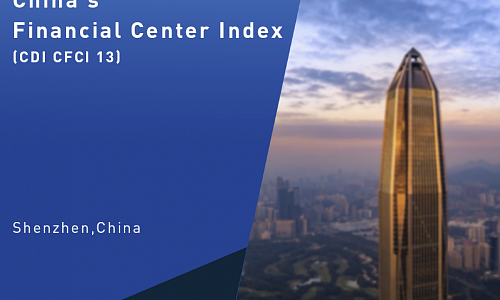 Author: Fan Gang, President of CDI
Author: Fan Gang, President of CDI
Editor’s Note: The current slowdown in China's economic growth, while affected by the overall global economic sluggishness, is also inseparable from a number of overheating in China's own development process.
China’s emergence as an economic powerhouse is mainly determined by its own national conditions, not by the international landscape. At present, China faces strong downward pressure on economic growth because of the increasing costs of labor or environmental protection, and more importantly, cutting overcapacity and deleveraging, which have led to tightened monetary policy and lower leverage ratio, seriously constraining the development of private businesses.
The underlying problem is over-investment when the economy is overheated, which generates huge production capacity, whereas such demand is only an illusion, thus resulting in over-capacity. Investors fail to repay debts, resulting in bad debts and increasing leverage ratio.
In the face of economic overheating, the Chinese government has strong regulatory capacity and adopts a soft landing. Its advantage is to suppress bubbles before the full establishment of the long-term mechanism, to ensure that risks do not escalate into systemic ones and maintain sustained growth. The disadvantage is that many problems remain unresolved, with the emergence of more and more zombie enterprises and bad debts.
China's economic fluctuations are similar to those of other countries, with an average of 8% volatility, from 14% to 6%, as compared to 6% of many other countries, from 3% to minus 3%. The difference is that China’s economy is able to maintain growth.
The U.S. was at the lowest point of its economy when its market was cleared out. It arrived at that stage much earlier than China, while the latter is still in the process of digesting and clearing, tackling zombie companies, debt-for-equity swaps, and deleveraging. China has already moved from deleveraging to stabilizing leverage.
Globally, on the one hand, conflicts of interest have widened in various aspects. One important change is heightened trade conflict between the United States, the European Union, Japan and China. On the other hand, there are many uncertainties in the world, such as the U.S. stock market bubble and Brexit.
Considering the situation at home and abroad, we need to be prepared for relative downturns of China's economy. As Chinese economy nears its bottom, the government is adjusting and adopting easy monetary policies, such as lowering the reserve-deposit ratio. When the market is basically cleared towards the end of the cycle, China will enter the next round of growth.








